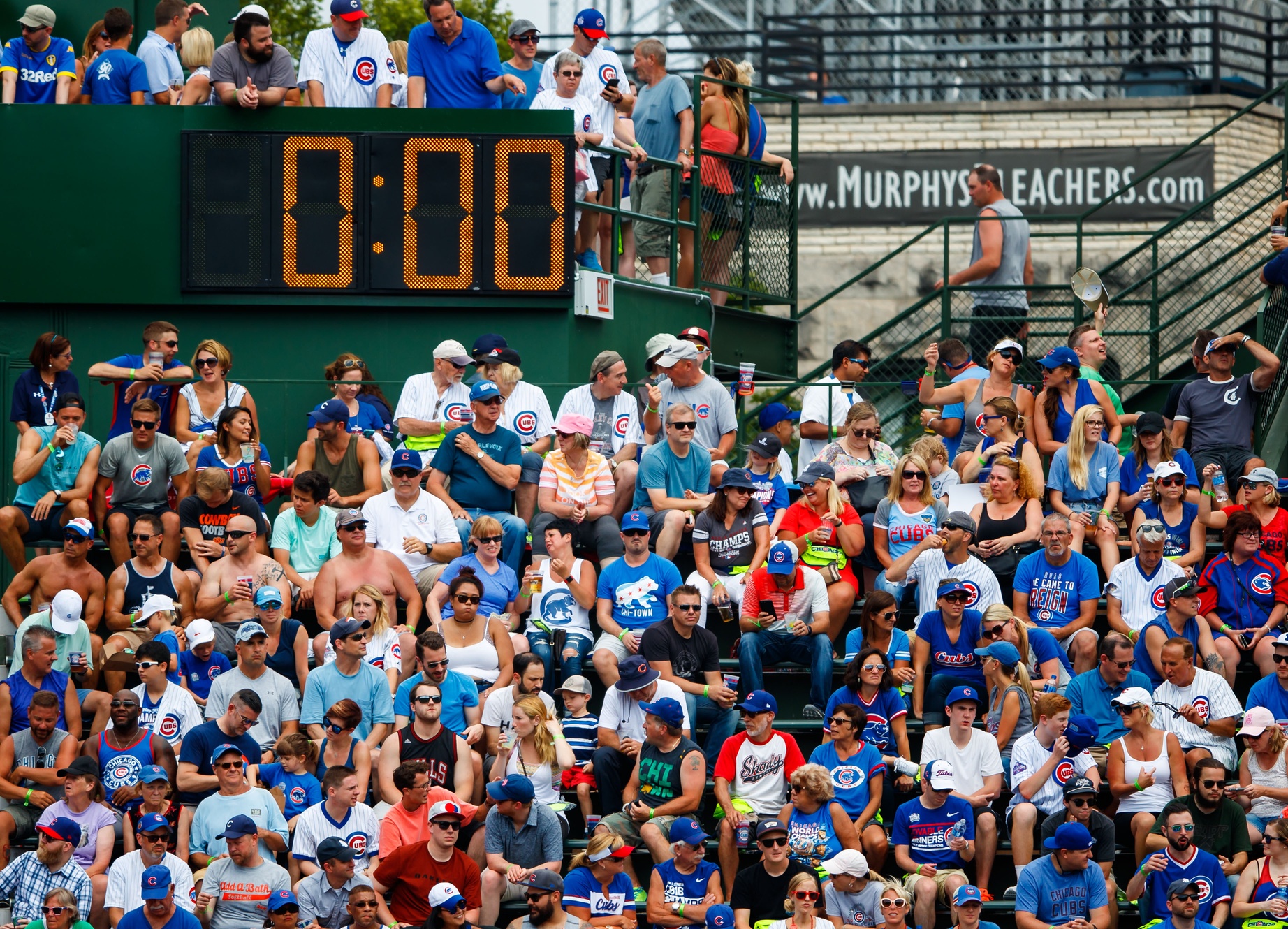Remember 2017, when we lost the four-pitch intentional walk? I remember the outspoken anguish from the online commentariat (and my parents) who were against the change because it jettisoned Earl Weaver’s immutable principle of the game: you’ve got to throw the ball over the goddamn plate and give the other man his chance. The automated walk eliminated an occasion for magic and serendipity—rare, yes, but (in my estimation) worth the 40 seconds per 2.5 games.
The rule is set, the window of the discussion has shifted, and this week at The Athletic Ken Rosenthal reports that the MLBPA is likely to reject pace-of-play initiatives—granting commissioner Rob Manfred the opportunity to enact the pitch clock unilaterally. Various bleacher bums are performing the same anguish and pearl-clutching over a change which is both inevitable and undesirable. It’s untrue to the game; it’s a refutation of an immutable principle; and there’s probably nothing anybody can do to stop it.
One of the popular arguments in favor of the clock is that it quickly becomes unnoticeable. If you’ve gone to a triple-A game, you adjusted quickly, and once it’s in place at the major league level we’ll all proceed harmoniously into the electro-vibrant hi-speed future of our beloved sport.
The thing I find most disturbing about this argument is that it’s probably true.
There came a point in the 2017 season that I stopped shedding a single manly tear when a manager signaled for an automatic walk. I adjusted. Whatever.
That’s because I’m Borg now, one of Star Trek’s race of cybernetic beings who assimilate all life into their collective. People you know and trust become something else. They’re so fearsome because once you’re assimilated, you forget your protest. The most terrifying thing is not joining the Borg; the most terrifying thing is losing who you were before.
On this side of 2017, we’re all the Borg, and we’re supporting Manfred’s thesis that we’re ready to adjust to anything in spite of ourselves.
Last week, we heard Cardinals’ president of baseball operations John Mozeliak discuss the momentum toward the DH in the NL. Maybe that’s decades away, but this is a good opportunity to rehearse. There’s a cycle at work here: anguish, adjustment, anguish, adjustment, and life after the End of History means that the cycle will persist forever, reliably making the unthinkable inevitable. The real principle of modern baseball—if there is one—is an eternal return of corporate revision and romantic, performative mourning.
The cycle itself is not new, of course; regular interleague play began in 1997, and that angst has mostly (but not fully) subsided. There’s no serious discussion about rolling it back. Only the speed of it is new.
It has recently run backwards, though, now that All-Star Games no longer determine home-field advantage. After the 2002 All-Star Game ended in a tie, an embarrassed Bud Selig proposed giving the exhibition some postseason consequences. Owners approved it 30-0. The policy remained in place through 2016.
That suggests that a Pitch Clock Era might someday be a discrete, finite period of baseball history. But the best way to force a heinous change into permanence is to follow up with another, even-more-heinous change, to keep the purists and nerds on eternal defense. How about the DH in the NL?
This is not an argument in favor of the Borg, the pitch clock, or the designated hitter. I’m as romantic as any baseball fan, and when the DH comes to the NL, I’ll react with something like the blank dread of a Hawaiian looking at last week’s missile alert. Forces beyond our influence govern both those gigantic questions of life and death as well as these little ones of popular amusement.
What I’m saying is this: the thing worth fearing is your future self, who has already adjusted and forgotten, and replaced you with someone who has your clothes and your skin but only some of your memories and none of the principles you thought you believed in. Resistance is futile; we will be assimilated; and on the other side, baseball is timed and pitchers never bat. We may as well start adjusting now—but we don’t have to, because the transformation happens without us. Next year we’ll be reciting a brand new anguish—a brand new anguish, just like the old one.
Lead photo courtesy Mark J. Rebilas—USA Today Sports
